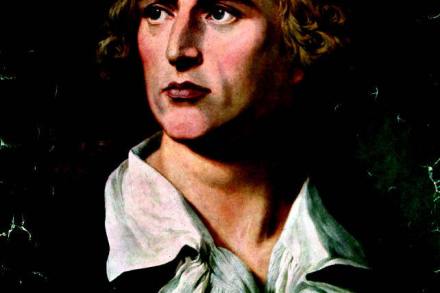Land of poets and thinkers
The reason Peter Watson gives for writing this long intellectual history of Germany since 1750 is a convincing one: that British obsession with Nazism has blinded many British people to the achievements of German culture. Watson describes the complaints of German commentators about the emphasis on Nazism even in British schooling, which were borne out by the 2005 report of the Qualification and Curriculum Authority: ‘There has been a gradual narrowing and “Hitlerisation” of post-1914 history.’ Watson also discusses the importance of Nazism to America, and his most intriguing point is that interest in the Holocaust is a comparatively recent phenomenon. A study in the 1950s found that the effect












